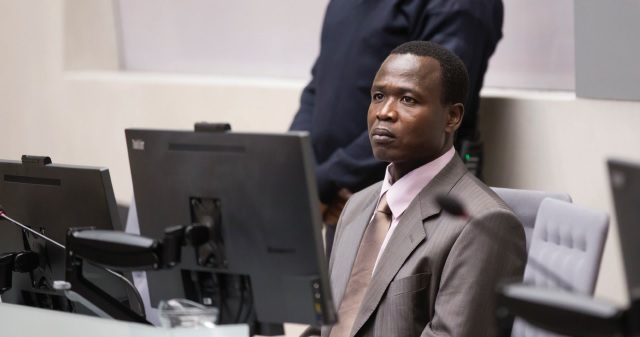
But what is its future in Uganda?
Kampala, Uganda | RONALD MUSOKE | The International Criminal Court’s 20 year anniversary on July 17 has been a day of reflection for experts on justice and victims of injustice.
As the day, which also marks the World Day for International Justice, was being marked in the Dutch city known as The Hague by dignitaries from 30 states and parliaments, Victor Ochen; a northern Uganda war survivor watched with mixed emotions.
Ochen is a survivor of the Lord’s Resistance Army (LRA) rebellion that raged from 1987 to the mid-2000s when it peaked until its leader was driven into the jungles of eastern DR Congo where he remains a lethal fugitive and looming threat to peace.
Ochen told The Independent on July 24 that until the ICC indicted five LRA commanders in 2005, many victims of war in northern Uganda believed they would never get justice.
“There was evidently lack of commitment from the government to protect civilians,” he says.
But the ICC indictment changed that.
“The arrest warrants issued by the ICC scared both domestic and overseas supporters of the LRA,” Ochen says.
He adds that the consequent cut-off of all support, including the supply of weapons and the provision of intelligence services, is among the most important reasons for the LRA fleeing northern Uganda for the DR Congo jungles.
Another watershed was when, after years of pursuing the indicted LRA commanders, the ICC got hold of Dominic Ongwen in 2015 and he was transferred to The Hague to face trial.
Ongwen was captured by UPDF forces in the Central African Republic. But it is his handover to the ICC that excited Ochen most. He recalls it as a moment that brought more interest in the affairs of the ICC and the LRA conflict.
“It gave the people in northern Uganda much hope,” Ochen says.
Jackson Odong, the programme manager conflict, transitional justice and governance at the Makerere University-based Refugee Law Project says the ICC scored even higher when it placed victims of the northern Uganda conflict at the centre of Ongwen’s trial.
In 2017, the ICC partnered with the Danish Embassy in Uganda to provide television sets, portable public address systems, and generators to enable free public screening of the Ongwen trial. It also flew several cultural, religious, and opinion leaders and journalists to The Hague to witness the trial first hand and launched outreach radio programmes called ‘Justice Matters’ which targeted to reach 11 million people in northern Uganda so that war victims in the remotest villages are able to follow the proceeding in The Hague. The ICC even set up a Victims Trust Fund, to provide financial relief for victims.
Odong says the outreach unit was the ICC’s way of dealing with its limited and selective approach to justice. But it was good.
Africans protest
Ongwen, together with Kony, Raska Lukwiya, Okot Odhiambo, and Vincent Otti in 2005 became the first people to be indicted by the ICC.That was just two years after the ICC was set up in 2002 and its first judges appointed in 2003. Uganda became the first country in the world to refer a case to the ICC on December 13, 2003.
Ratified by over 120 countries, the ICC was designed to prosecute individuals for crimes of genocide, crimes against humanity, and war crimes; especially when national judicial systems fail, are unwilling, or unable to prosecute the criminals.
 The Independent Uganda: You get the Truth we Pay the Price
The Independent Uganda: You get the Truth we Pay the Price



